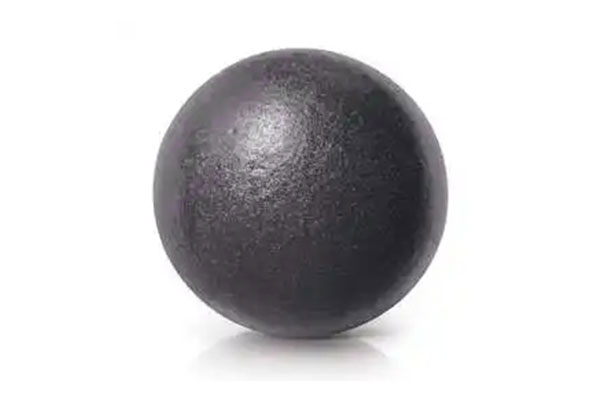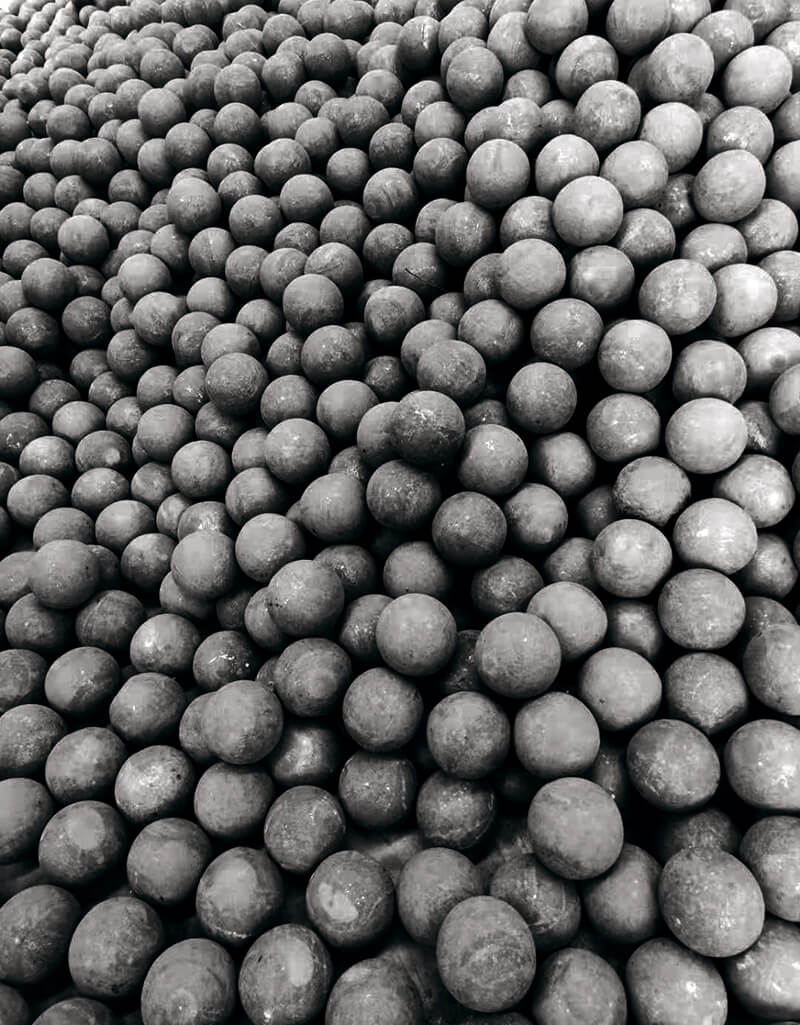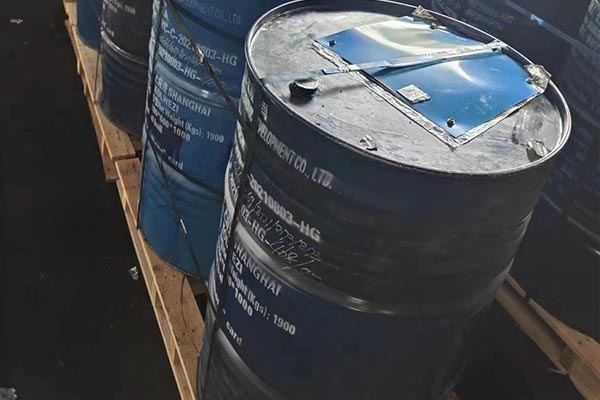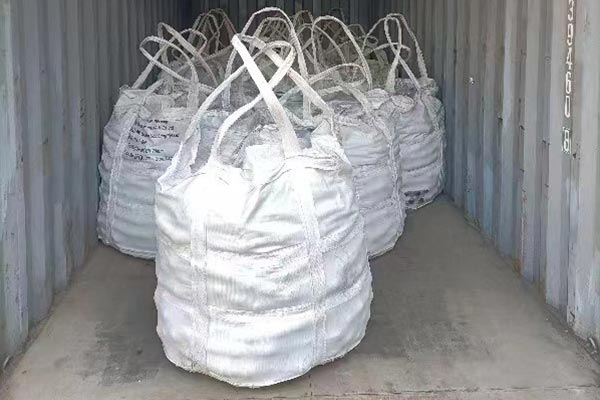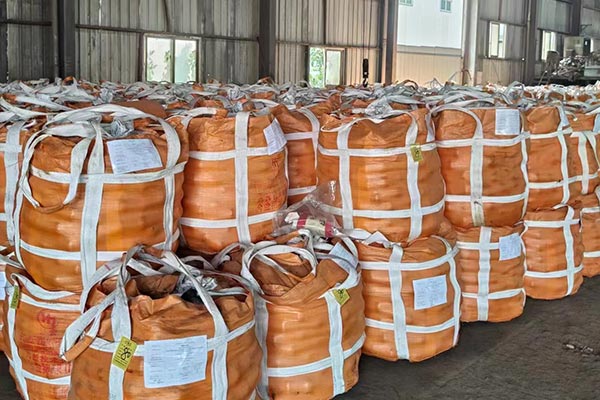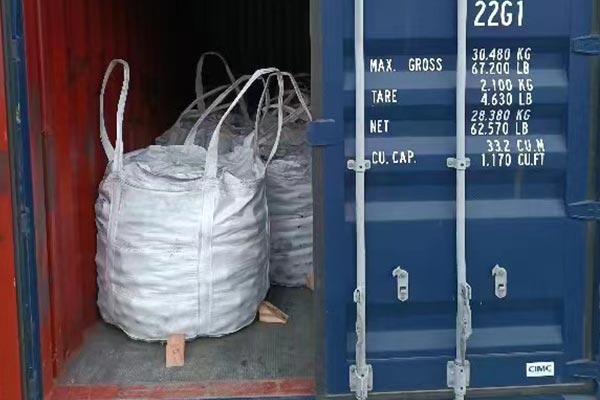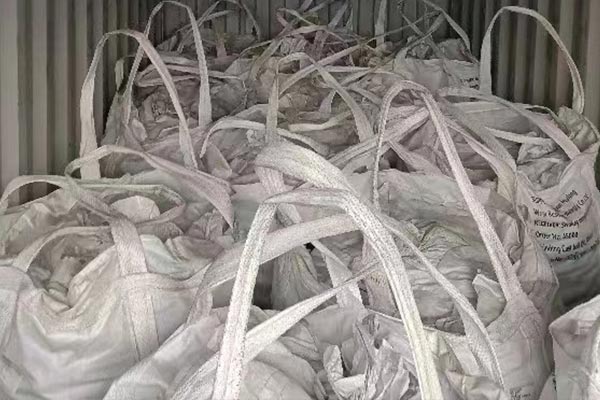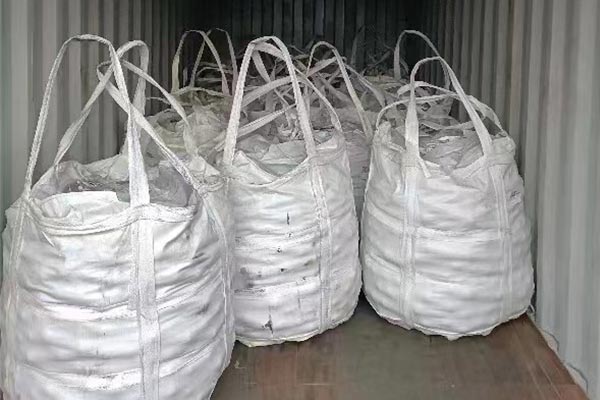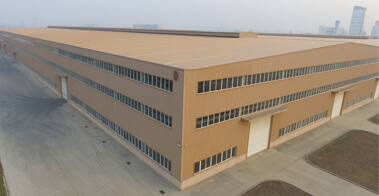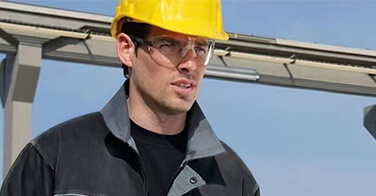Steel balls, used for crushing and grinding materials, can be classified into two types based on manufacturing processes: casting and forging. The level of wear resistance varies between them. To achieve good wear resistance while maintaining sufficient toughness, steel balls are typically made from materials like alloy steel, high manganese steel, cast iron with added chrome, and other materials, using either forging or casting methods, along with appropriate heat treatment processes. Steel balls can be categorized as follows based on their manufacturing processes and materials:
Forged Steel Balls: These include low-carbon alloy steel balls, medium-carbon alloy steel balls, high manganese steel balls, and rare-earth chromium-molybdenum alloy steel balls.
Casting Steel Balls: These include low-chrome cast balls, medium-chrome cast balls, and high-chrome cast balls.
Forged Steel Balls: Forged steel balls exhibit excellent surface quality, good impact resistance, high toughness, good wear resistance, and resistance to breakage and deformation. Forging involves heating the metal to a range of 700-1300°C and applying pressure using forging machinery to achieve plastic deformation, obtaining workpieces with specific mechanical properties, shapes, and dimensions. Forging (which includes both forging and stamping) eliminates defects like porosity that occur during metal casting processes, optimizes microstructure, and generally results in better mechanical properties compared to castings made from the same material. For important components in machinery exposed to high loads and severe operating conditions, forging is often preferred, except for simpler shapes that can be made from rolled plates, profiles, or welded parts. The quality and wear resistance of forged steel balls are influenced by material choice. To enhance wear resistance, materials like Chinese standard 60Mn, 65Mn, or wear-resistant alloy steel should be used. High manganese steel offers good impact resistance, strength, wear resistance, and resistance to breakage.
Cast Steel Balls: Mid-low chromium cast balls tend to have poor wear resistance and higher breakage rates, leading to lower overall cost-effectiveness. High-chrome cast balls, while offering excellent hardness, are known for their use in dry grinding applications in the cement industry. However, they have lower toughness and are prone to breakage, especially in ball mills with diameters exceeding 3 meters.
The quality of cast steel balls is influenced by the material's hardness. Generally, the higher the hardness of the steel balls, the greater their wear resistance. However, as hardness increases, the balls become less resistant to impact and shock, and the hardness must also be compatible with the material and hardness of the mill lining. Achieving an appropriate balance is crucial to improving wear resistance. Common materials used for steel balls include low-carbon alloy steel, high manganese steel, high-chrome cast iron, and high carbon high manganese alloy steel.
High carbon high manganese alloy steel is typically a structural alloy steel containing elements like chromium and molybdenum. It exhibits high hardness, good toughness, and its microstructure consists of martensite, bainite, or a combination of both. The hardness of these steel balls is typically around HRC60, and their impact toughness is greater than or equal to 15J/CM2. In the same working conditions, their lifespan is usually at least twice as long as that of high manganese steel balls.
Heat treatment processes are crucial in determining the mechanical properties and carbide distribution of steel balls. Steel balls typically contain chromium and other alloying elements. Thus, it's essential to ensure that these alloying elements form carbides effectively to achieve hardness while maintaining the necessary toughness. Developing an appropriate heat treatment process is crucial to achieving the desired mechanical properties.
In conclusion, determining the appropriate manufacturing processes and rigorous quality inspection methods are prerequisites for ensuring that steel balls meet their performance requirements.


